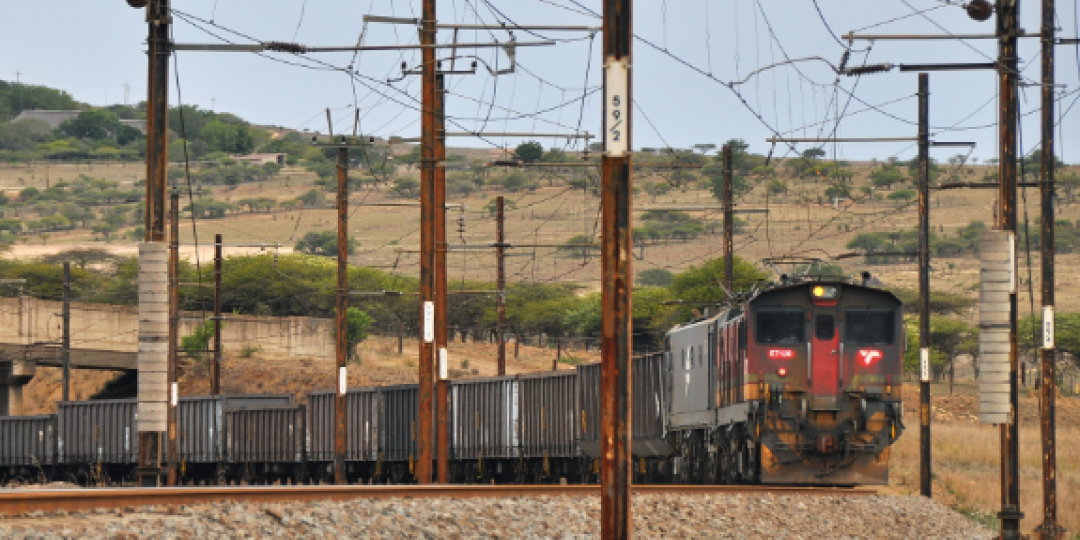In case you missed it, some disconcerting figures emerged over the past weekend regarding the magnitude of Transnet's complicity in costing South Africa billions in export revenue.
According to Allan Secombe, spokesperson for the Minerals Council, the country lost out on R50 billion in potential revenue through ore exports in 2022 due to the logistics utility's inability to meet demand by transporting bulk freight to ports like Richards Bay.
The year before, losses due to ore stockpiling at mines incapable of moving commodities via Transnet Freight Rail (TFR) were R35bn.
Even more sobering is Secombe's perspective on revenue that could be made if TFR's rail network to the ports worked as intended – an additional R151bn annually on top of the current mineral exports generated.
At optimum levels, Secombe said, as much as 30bn could be contributed to the fiscus every year.
In the same report in the Sunday Times, TFR's chief commercial officer Bonginkosi Mabaso attributed South Africa's underperforming freight rail network to three issues: underinvestment in ageing infrastructure, theft and vandalism.
To put a finer point to it, in 2017-18, prior to the Ukraine war that caused a massive spike in coal demand, TFR had 2 215 working locomotives to transport 226 million tons of ore.
So far this year and the year before, demand on the coal side has increased, but TFR has only 1 589 working locos while 364 have been idle since May.
Meanwhile, the price of coal has decreased from recent highs of $300 a ton to $100, making road freight of the commodity unprofitable.
Without bulk rail alternatives to transport ore to the ports, stockpiles are growing, revenue is lost and mines are beginning to discuss retrenching labourers.
Kumba Iron Ore is one of the mining companies that has indicated it won't be able to enter into five-year wage negotiations due to fallout in the export sector.
Thanks to last year's commodities boom, the mining sector created 15 000 jobs. If mines can't move product because road freight is too expensive and rail is woefully inadequate, job cuts in 2023 seem inevitable, something South Africa's flagging economy can ill afford.













